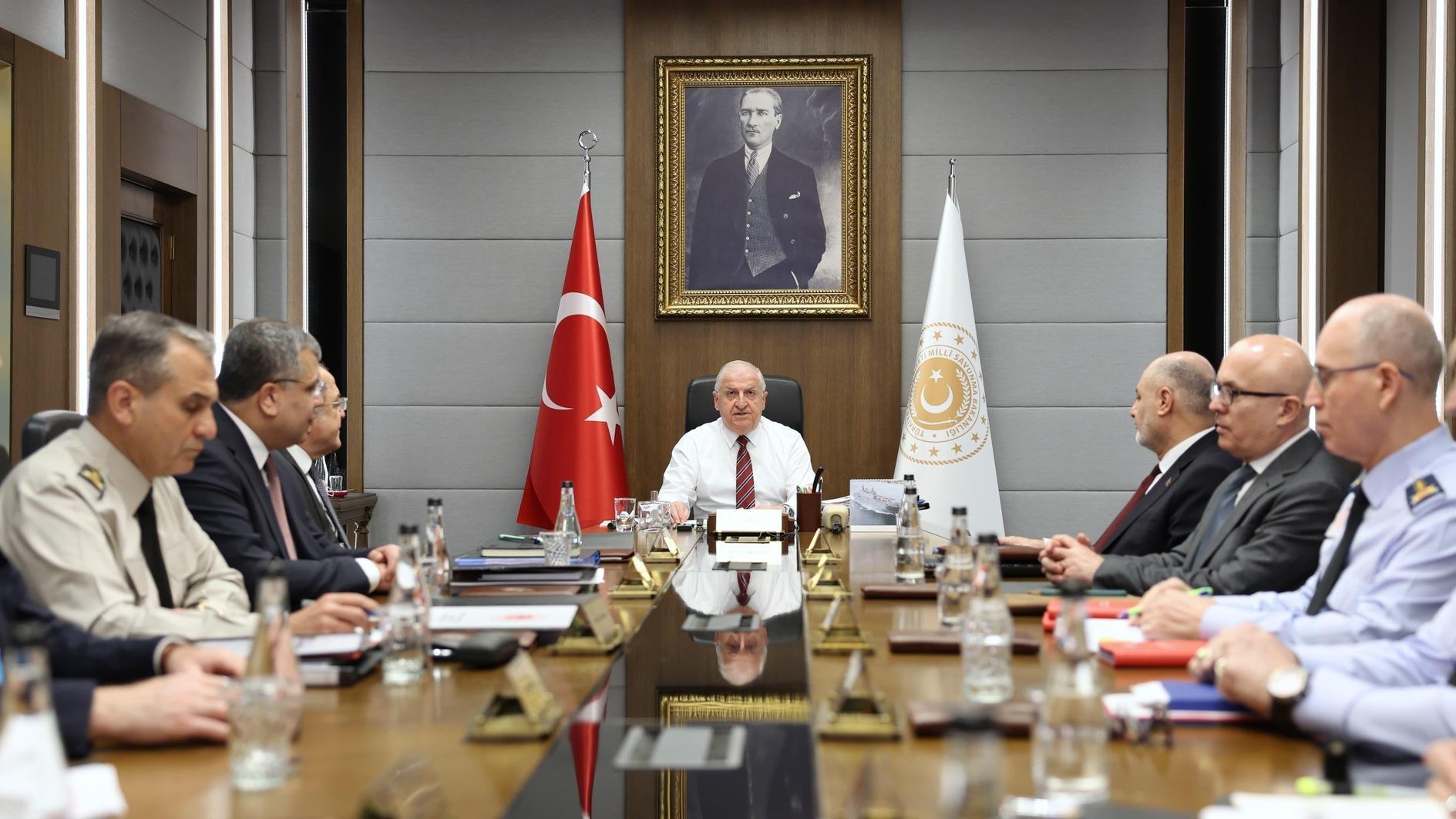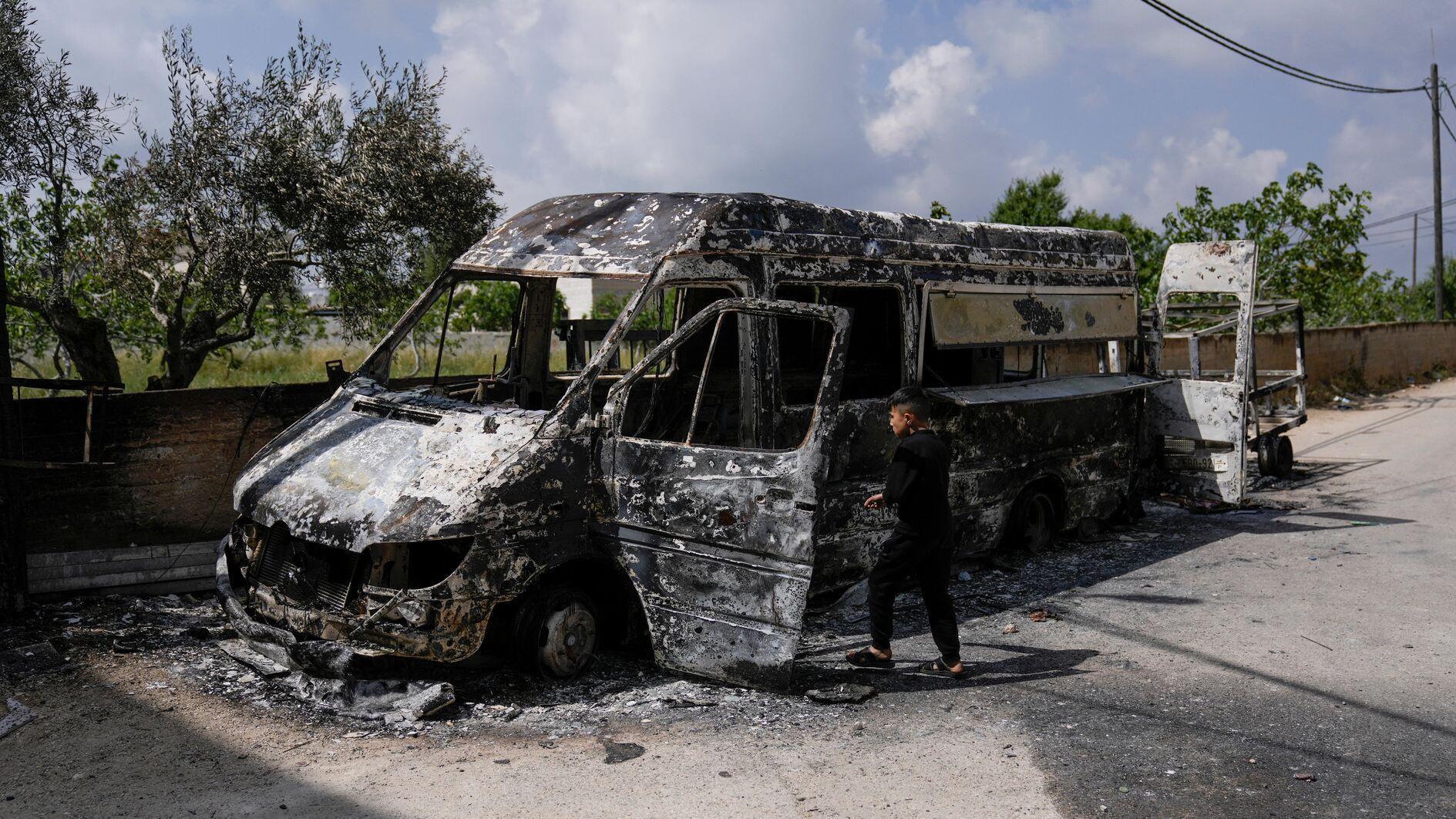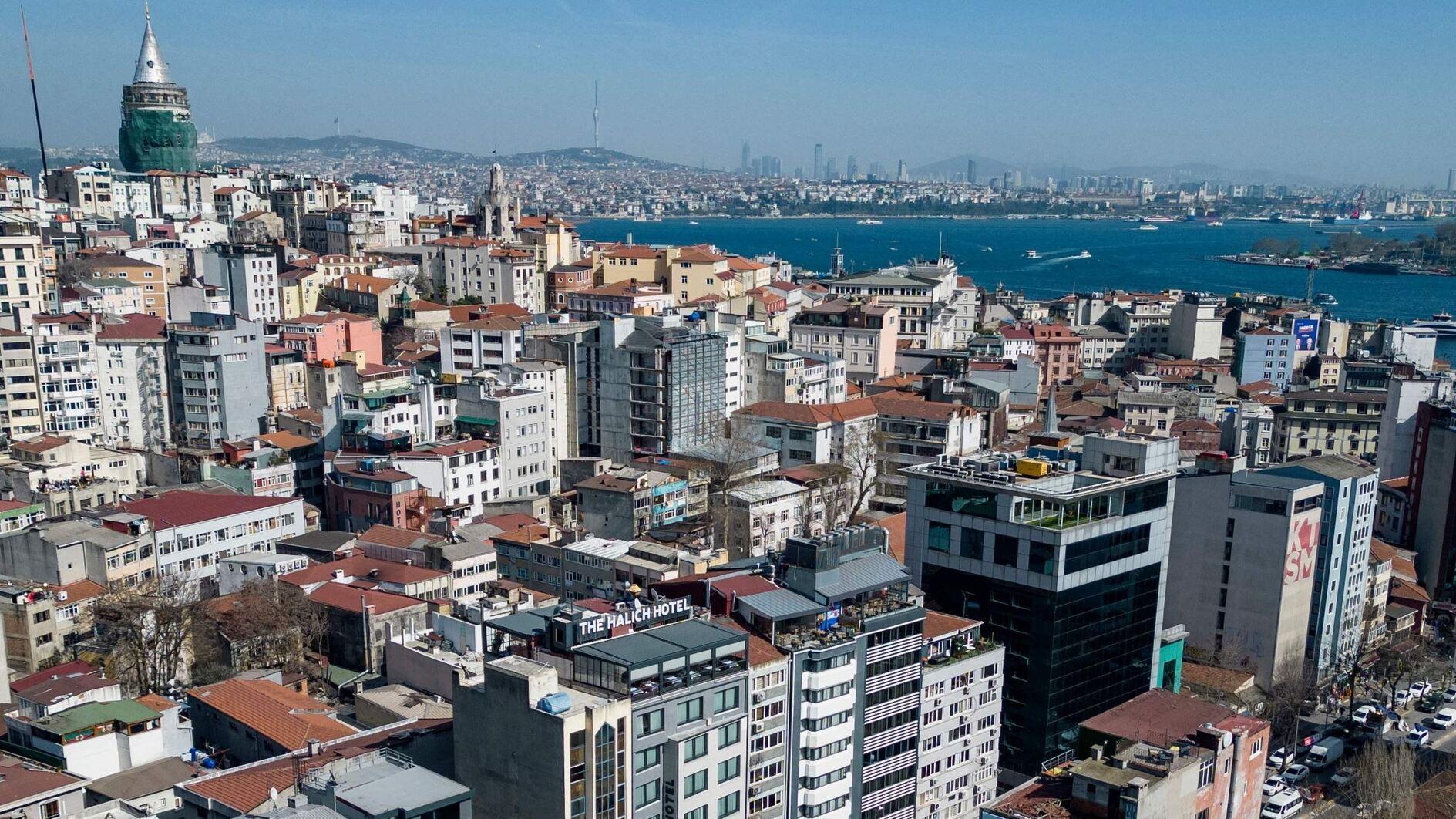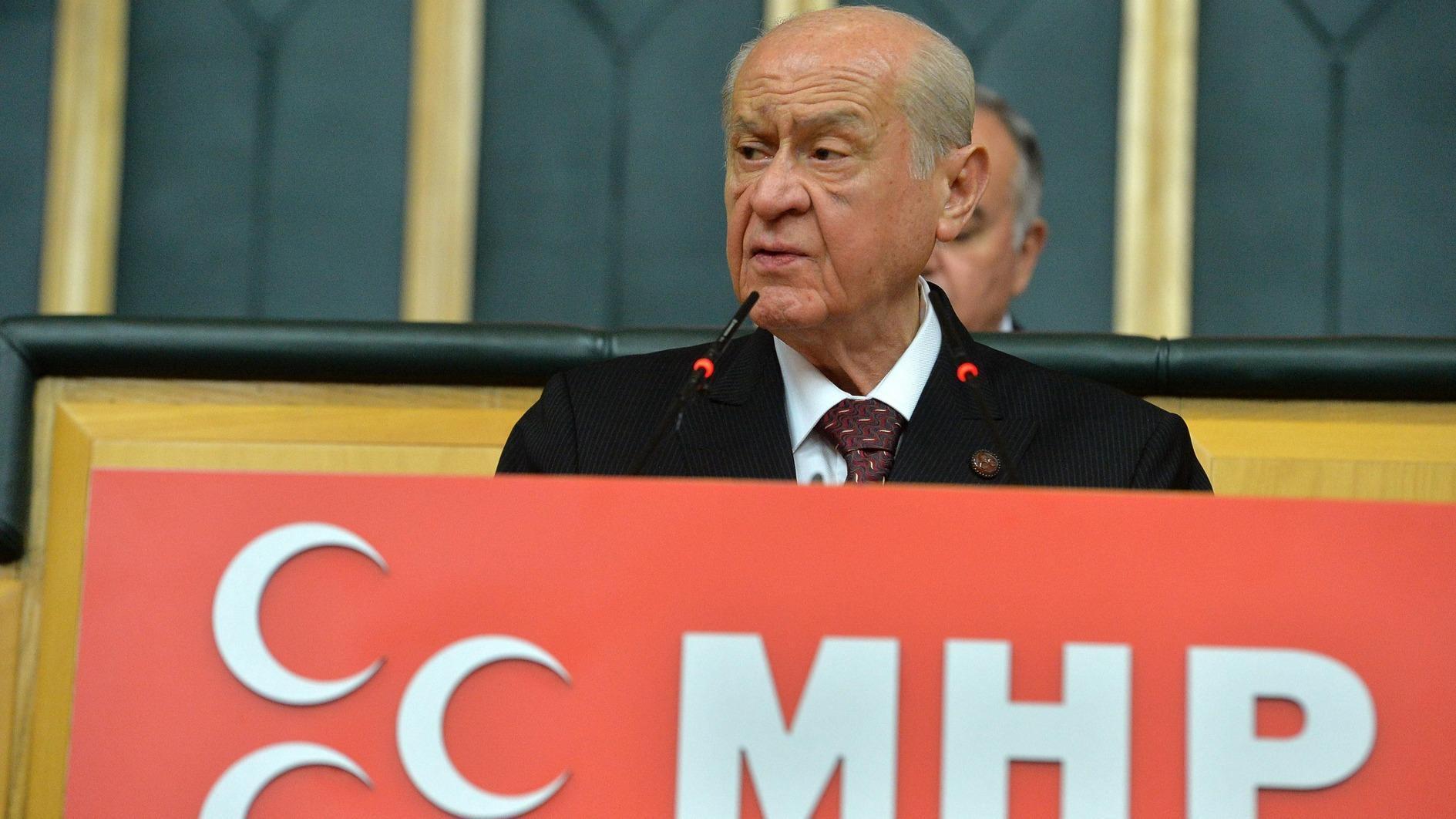Turks oppose Syrian conflict
ISTANBUL - Hürriyet

A car bomb explodes near the Shiite shrine of Sayyida Zeinab in southern Damascus. REUTERS photo
A majority of Turks do not favor a direct military intervention against Syrian President Bashar al-Assad, according to a recent survey.Some 56.2 percent of respondents oppose an intervention, versus only 11.3 percent who would like to see an invasion, the survey conducted by TNS on behalf of the Center for Economy and Foreign Policy Researches (EDAM) revealed.
Support for “arming Syrian rebels” is less than the support for a military intervention, amounting to only 7.9 percent, while 40 percent of respondents said they did not support any diplomatic or military intervention. Those in favor of Turkey’s political and diplomatic initiatives on Syria amounted to just 15.9 percent.
A security zone should be established for the safety of Turkish soldiers, according to 15.4 percent of the survey’s respondents.
The survey also asked respondents’ political stances and their opinions on the Syrian crisis. A majority of respondents who voted for the pro-Kurdish Peace and Democracy Party (BDP) were against military intervention in Syria with a rate of 62.6 percent. This rate was lower among the rest of the voters, with 42.1 percent of Nationalist Movement Party (MHP) voters, 41.7 percent of Republican People’s Party (CHP) voters and 39.9 percent of Justice and Development Party (AKP) all opposing a military intervention.
Among the respondents, 20.2 percent of CHP voters support a direct intervention against Syria, but this rate was lower among the voters of other political parties, with only 14.3 and 8.1 percent of MHP and AKP voters respectively supporting such a move.
Some 13.3 percent of CHP voters favor a security zone while 14.7 percent of AKP voters support such a buffer zone. Only 6.7 of AKP voters were in support of arming rebels, 1.3 points higher than the figure for CHP voters.
The survey was conducted in 19 provinces with 1,500 respondents.
















